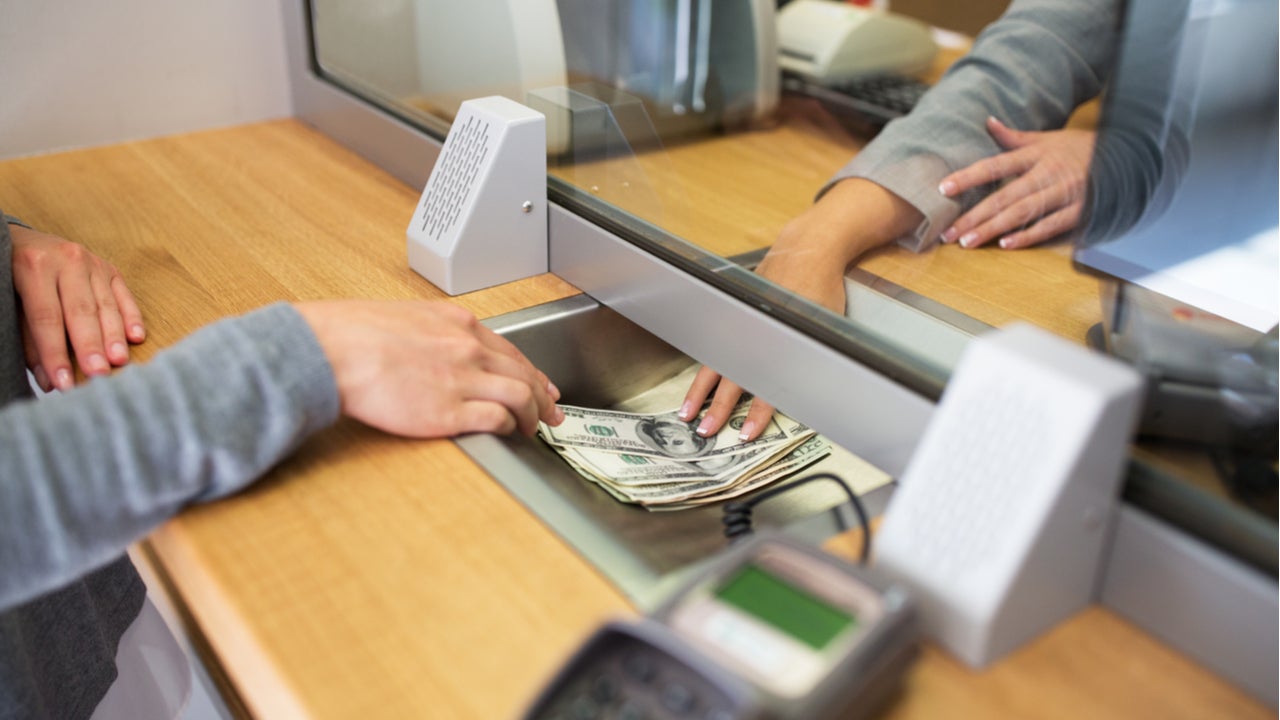Banks are increasingly investing in projects that boost customer experience and address issues across various customer touchpoints. The complexity and cost of the redesign process, however, may result in fatigue similar to that witnessed during major digital transformation initiatives. Furthermore, trying to close gaps too quickly is likely to impact user experience (UX) and consumer trust.
Listed below are the key macroeconomic and political trends impacting the customer experience theme, as identified by GlobalData.
UX is about cost-cutting and right-channelling
Poor UX, whether in products or processes, creates many second-round costs. Complex products are harder to sell, which requires more training, more incentive plan tinkering, and often drives more branch/call centre activity, which means the bank’s greatest expense – physical infrastructure – spends most of its time dealing with a problem the bank itself has created through bad design.
The root cause solution is improving UX. Amid Covid, even minor UX imperfections – such as clunky password reset procedures, or confusing mortgage payment holiday requests – drove massive uplifts in branch/call centre volumes and sharp declines in customer satisfaction. Meanwhile, banks that optimised digital onboarding for massive inflows of net new users often saw both better UX and cost reductions.
UX as an ontological exercise
Techniques like customer personas, journey maps, and design thinking help bring customers’ core needs to life, in order to go beyond “what” and “how” to reveal the underlying “why.” Customers don’t want a mortgage or to apply online, for example – they want to buy a home. This is helping banks unearth possible adjacent innovations and go deeper into the customer experience to serve core need.
DBS has done this with various home-buying services available within its corporate login to support the broader home-buying process. Commonwealth Bank is well known for offering a home-buying app that integrates property search information, while Tinkoff partners with various lifestyle partners. In this respect, rather than selling the coal, banks are selling the electricity, which is likely to induce a more powerful emotional connection between consumer and provider.

US Tariffs are shifting - will you react or anticipate?
Don’t let policy changes catch you off guard. Stay proactive with real-time data and expert analysis.
By GlobalDataUX amid environmental, social, and governance (ESG) imperatives
Vast swathes of consumers are not just demanding cheaper, faster, and more convenient ways of managing their finances – they increasingly care about a company’s approach to moral, social, and political values, and want brands they affiliate with to align with their own beliefs.
This is enlarging the scope of UX beyond anything that has existed before. Winning this demographic over – not just as customers, but as potential employees – requires meaningful commitments and progress across the investing, lending, and advisory activities of a bank in ways that advance ESG imperatives.
UX amid Covid has increased the size of the prize in moments of truth
Consumers want a bank they can trust – one that can provide transparency around their options, the risks they face, and help them make “better” financial decisions. Virgin Money set up its Red Team, which offers remote advisory financial health check-ups both for existing customers and prospects. A leading US credit company waived interest fees during the first month of the crisis. The feel-good factor created by these moves will likely last long after the worst of the crisis has died down.
Get it wrong, with erroneously applied or punitive overdraft charges, and the damage may be irreparable. This is a particular risk amid Covid, with banks operating at reduced capacity in call centres or working from home with disrupted internal processes. It will become even more of a minefield as furlough schemes wind down and banks are forced to manage collection processes remotely among highly distressed customers.
This is an edited extract from the Customer Experience in Banking – Thematic Research report produced by GlobalData Thematic Research.









